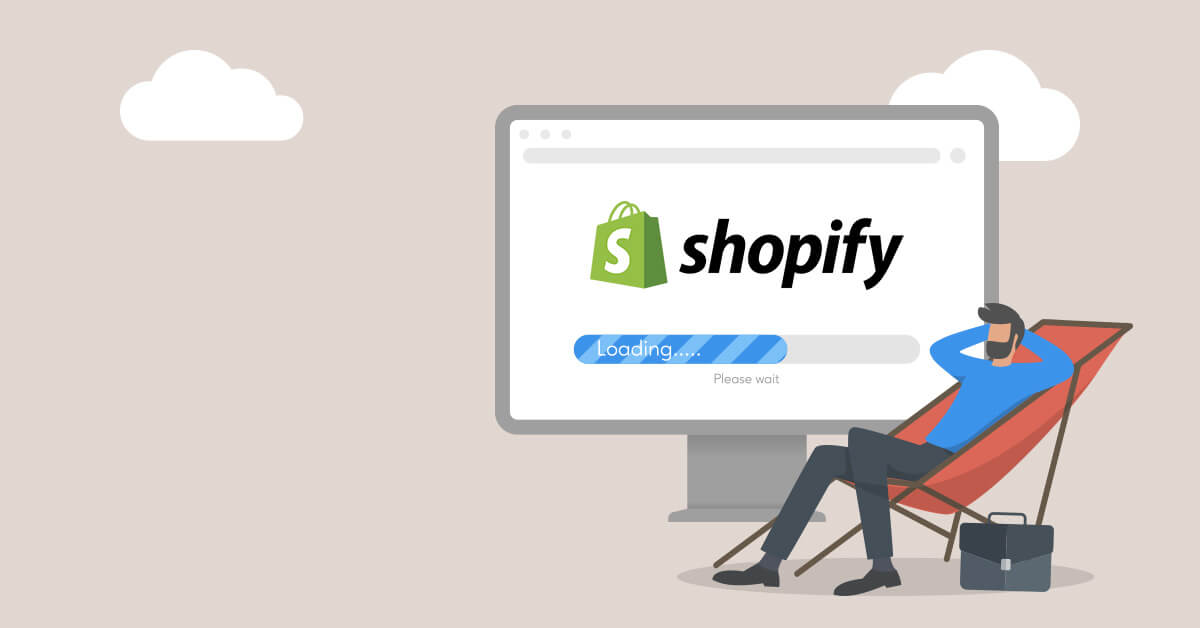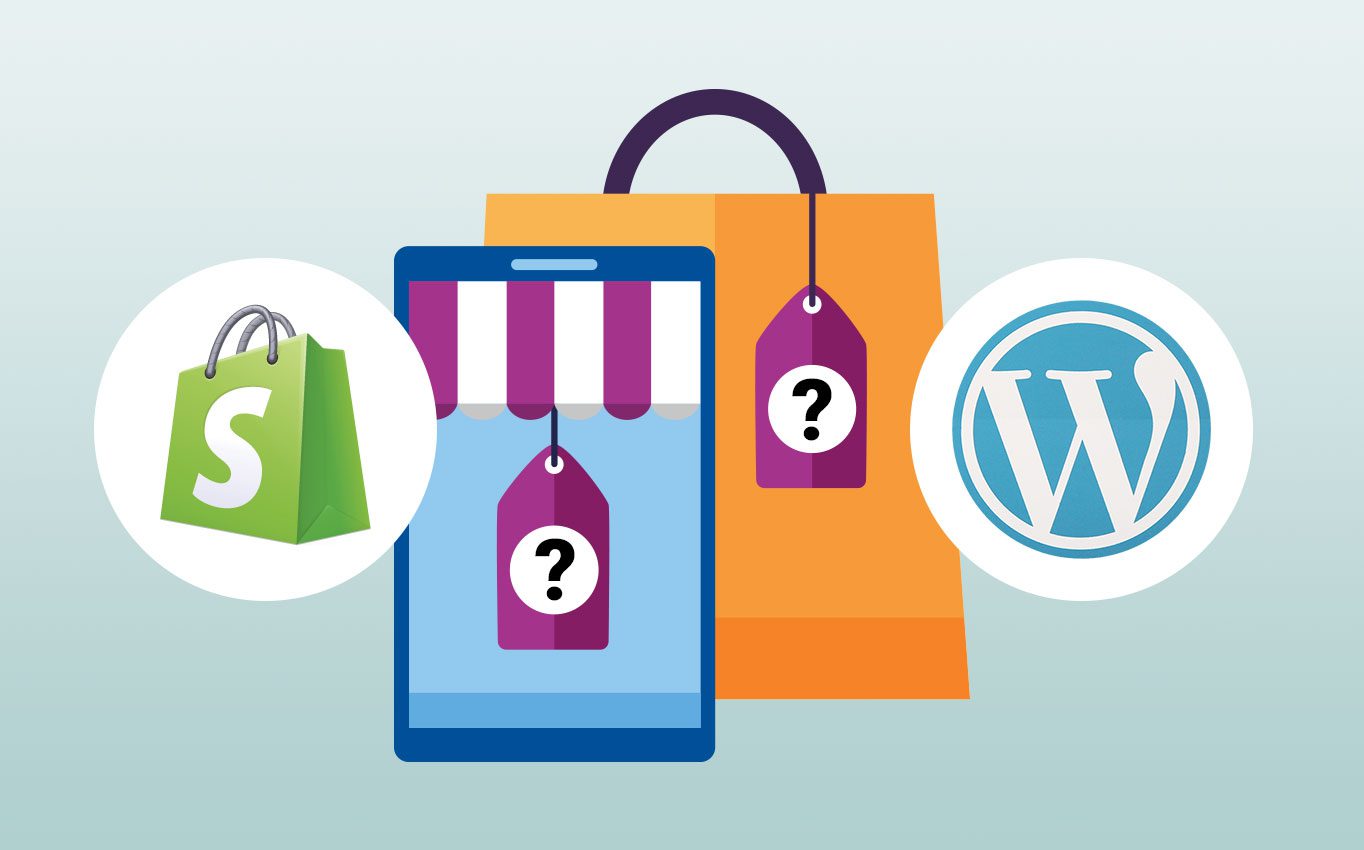
Article
11 Best eCommerce Platforms for Your Business in 2024
PUBLISHED:August 12, 2024
If you’re thinking about starting your own eCommerce business, now is the perfect time. The global eCommerce value is at an all-time high and is only expected to increase further. The below figure provides an overview of the revenue per segment from 2017 to 2029 (forecast).
Source: Statista
Before you set up an online store, first create a to-do list. This will help you assess the tasks you must complete to set up a successful online store. The to-do list will look something like this:
- Identify Products
- Create an Online Store
- Configure the Settings (Shipping, Uploading Products etc)
- Market the Store to the Target Audience
Of course, each point will have multiple sub-points, but this summarises the key steps you need to undertake to create an online store. It seems quite easy, right? While that may be true, you need to ensure your online store is future-proof. The only way to do it is by selecting the best eCommerce platform for your business.
When talking about eCommerce platforms, numerous names come to mind. WooCommerce, Shopify, and Magento are the most widely used platforms. Of course, it does not mean they are the best fit for your requirements. For example, Magento solutions require technical know-how.
In other words, you need a dedicated Magento team to set up and manage the store. WooCommerce and Shopify are quite user-friendly. The downside to WooCommerce is that it is not ideal for large stores. Shopify offers very few customisation options, making it difficult to differentiate your store or add advanced functionality.
Understanding eCommerce Platforms
Before we list the 11 best eCommerce platforms for businesses in 2024, it is important to understand the term ‘eCommerce platform’.
It refers to software that enables users to create and manage an online store. When we talk about managing, we are referring to aspects like marketing, inventory management, shipping, and payment processing. Now, let us turn our attention towards the best eCommerce platforms.
Top 11 eCommerce Platforms 2024
1. Magento/Adobe Commerce
When talking about the best eCommerce platforms in 2024, the list is incomplete without mentioning Magento (now Adobe Commerce). Customisability, scalability, and innovative features are the driving forces behind this platform’s popularity. Nevertheless, you need a dedicated Magento development team to create and manage the store. Otherwise, it’s difficult to set up the store, let alone manage it.
Pros
- Open Source
- Customisability
- Ability to Manage Multiple Stores
Cons
- Separate Hosting is Required
- Dedicated Magento Experts are Needed
2. Shopify
Shopify is a fully hosted eCommerce platform, meaning all you need to do is select the relevant package and upload the products. Everything is else handled by Shopify. While you can add advanced features through extensions, the options are quite limited. Notable features include automated product descriptions using Shopify’s AI assistant, personalised email marketing campaigns, and a feature-rich mobile app.
Pros
- Fully Hosted Platform
- User-Friendly
Cons
- Limited Customisability
3. WooCommerce
It is consistently ranked as one of the top eCommerce platforms worldwide. What makes it popular is the ease of use. Even if you have no technical knowledge, creating and managing a store in WooCommerce is as easy as 1,2,3. After all, it is simply a WordPress plugin for eCommerce purposes. Additionally, the platform makes it easy to manage inventory, market the product, and scale as the business grows.
Pros
- Easy Management
- Relatively Inexpensive Compared to Other Platforms (WooCommerce Plugin is Free)
- Unlimited Customisability Using Plugins
Cons
- Lax Security
- Separate Hosting is Required
4. BigCommerce
If you are looking for the next big thing in eCommerce platforms, then look no further than BigCommerce. With its innovative features such as cross-channel commerce, visual page builder, in-built search engine optimisation (SEO) features, and mobile responsiveness, your store is built for long-term success. However, it does lack flexibility which is a drawback for users wanting unlimited customisation options.
Pros
- Fully Hosted Platform
- Easy to Use
Cons
- Not Ideal for Large Stores
- Limited Customisability
5. Salesforce Commerce Cloud
We don’t recommend this platform for small to medium stores. This platform is ideal for large stores and those operating in multiple locations. It guarantees a seamless omnichannel experience, integrating all touchpoints (mobile app, online, and the physical store). Its AI tool, Einstein, is perfect for personalising the customer journey, including recommending products and sending tailored notifications.
Pros
- Compatible With Other Salesforce Products
- High Customisation
- Ideal for Stores Serving Different Geographical Regions
Cons
- Quite Expensive
- Steep Learning Curve
6. Wix
Over the years, Wix has quickly established itself as a top website builder. What makes it a top choice for many is the platform’s drag-and-drop features. To create a compelling website, all you need to do is drag and drop the required features. For advanced eCommerce functionality, users need to upgrade their packages. After doing so, you can easily manage payments and serve customers through multiple channels.
Pros
- Fully Hosted
Cons
- Lacks Robust eCommerce Features (e.g. Inventory Management, Out of Stock Notifications)
- Site Cannot Be Transferred to Another Platform
7. OpenCart
With an extensive library of themes for every niche, there’s no better way to start your online business. You don’t have to worry about problems such as mobile responsiveness, ease of use, or search engine friendliness, as these are already sorted out. Additional features can be added from a library of more than 13,000 modules. Nevertheless, marketing features require major improvements.
Pros
- Open Source
- No Transaction Fee
Cons
- Not Scalable
8. Shift4Shop
Although it is less popular compared to other platforms, it doesn’t mean that it’s not a serious competitor. Compared to other platforms, this platform is easy to use. Creating an online store is hassle-free with the eCommerce builder which is free for existing Shift4Shop checkout users. The paid plans are somewhat expensive given how other platforms offer much more advanced features in the same or even lesser price.
Pros
- Upselling and Cros-selling
- Advanced SEO Tools
- No Product Limited
Cons
- $500 Minimal Sales to Qualify for Free Plan
- Limited Customisation
9. Squarespace
With more than 110 responsive all-purpose templates, setting up a store on this platform is a pretty straightforward process. The platform allows you to customise the templates to reflect your unique requirements. Another notable feature is that users get a free SSL certificate, which is a must-have feature to protect user information and reinforce trust in the store.
Pros
- Quite Easy to Use
- Ready to Use Templates
- Free SSL Certificate
Cons
- Limited Customisability
10. Weebly
Again, a lesser-known eCommerce platform, but quite rich in features. The website builder is easy to use but lacks critical functions. We do expect them to be added in future updates. The themes are optimised for search engines and mobile devices, setting up a strong foundation for your store. The drag-and-drop features allow anyone to create a unique website in a matter of minutes.
Pros
- Free to Use (Advanced Features Require a Paid Plan)
- Various Extensions Are Available
Cons
- No SSL Certificate Included
- Separate Domain and Hosting Required
11. CoreCommerce
Whether you are just starting out in eCommerce or have a well-established store, this platform is scalable enough to meet everyone’s requirements. The platform allows batch import of products, making it easier to migrate your store to CoreCommerce from any other platform. Features such as cross-selling are readily available out of the box, requiring no additional plugin.
Pros
- Unlimited Customisability
- Value for Money
- Easy to Use
Cons
- Lack of Content Delivery Networks
- Fewer Payment Options
Final Thoughts on Top eCommerce Platforms 2024
This concludes our article on the top 11 eCommerce platforms in 2024. We have provided you with a brief overview of each platform, along with their pros and cons. We recommend finalising two platforms and then conducting a detailed comparison. This will help you select a platform that closely matches your requirements and enables you to set up your store for success.
More eCommerce articles
We hope that you found this article about the 11 Best eCommerce Platforms for Your Business useful. If so, you may also like to review the following related posts. And of course, if you are interested in having an online store built for your brand, feel free to get in touch, we’re always happy to discuss new projects.





